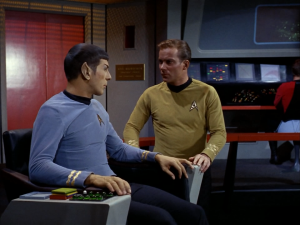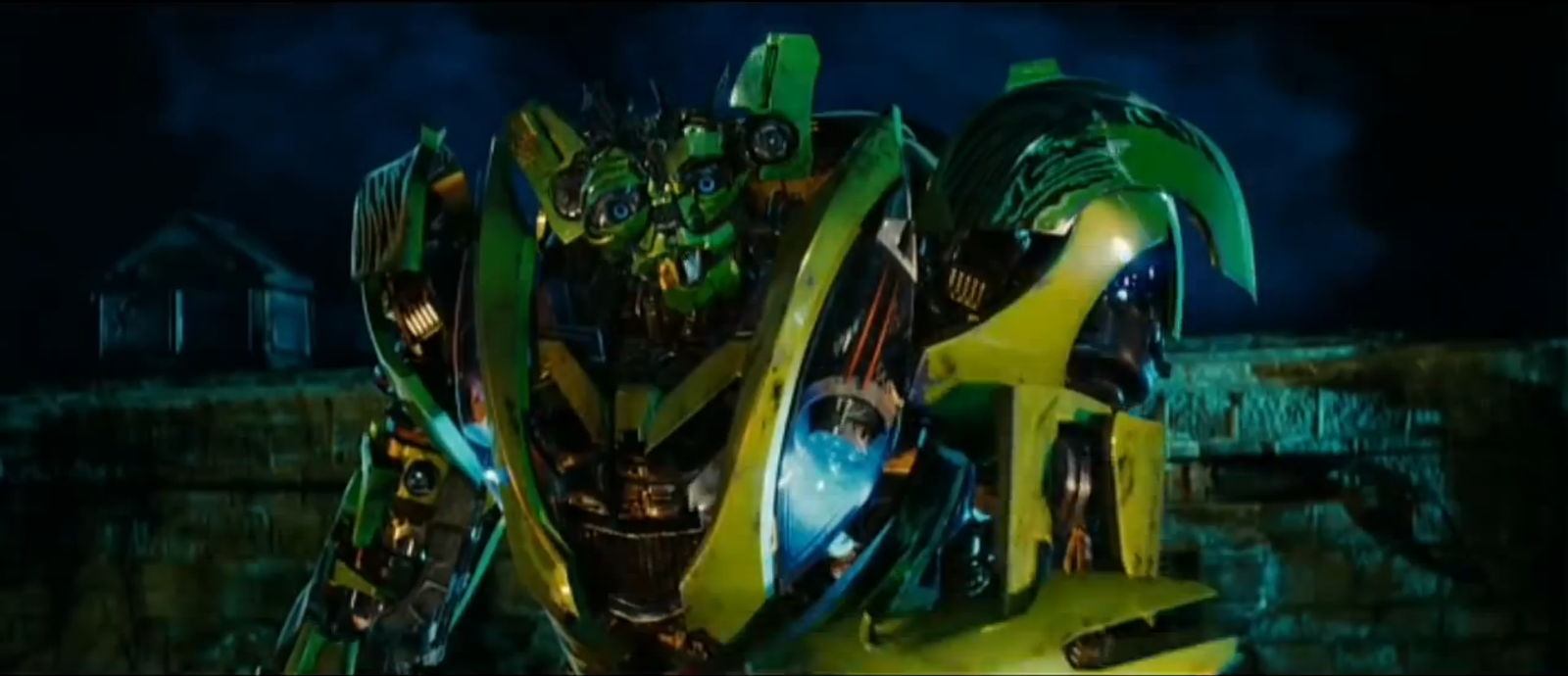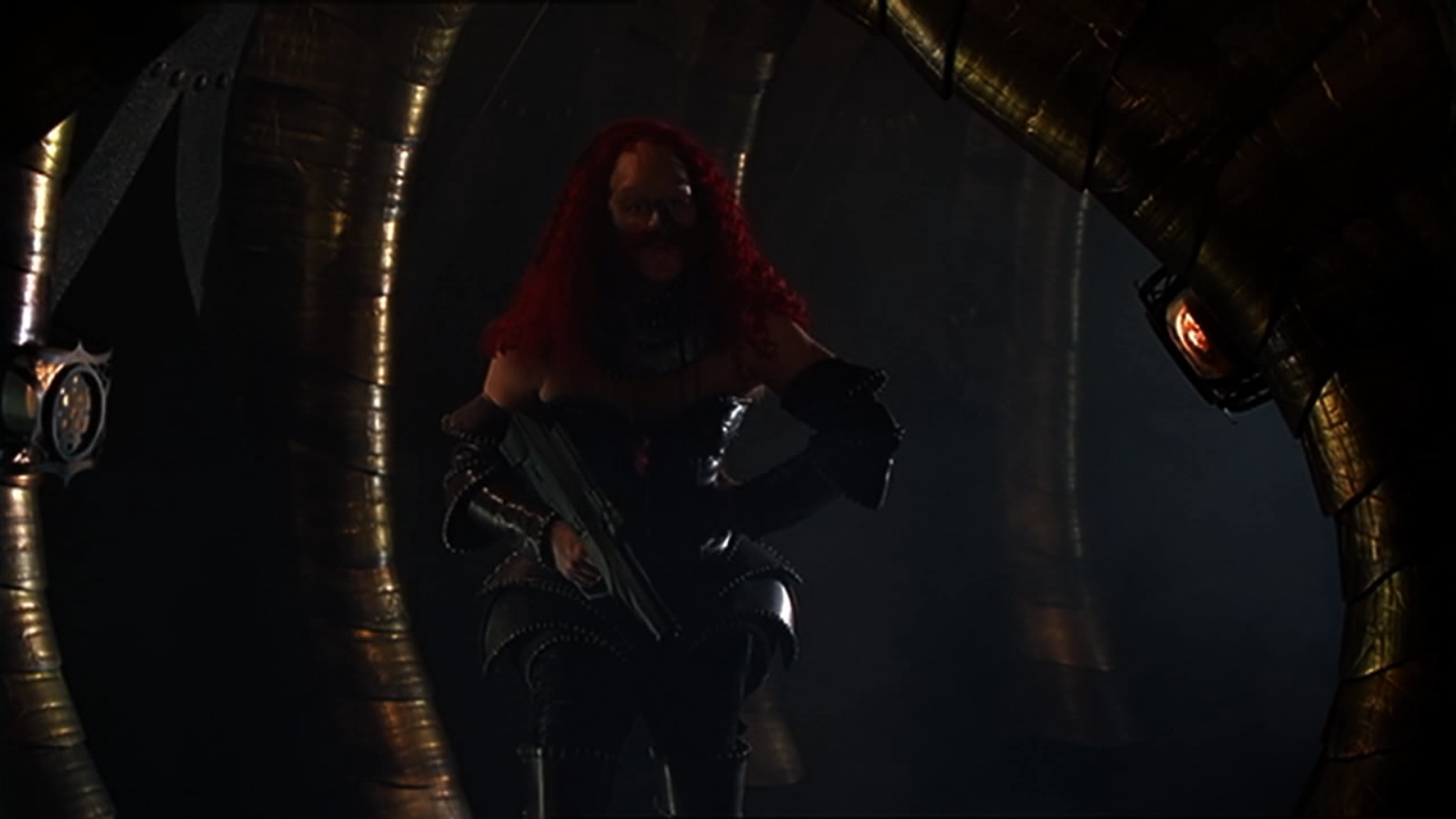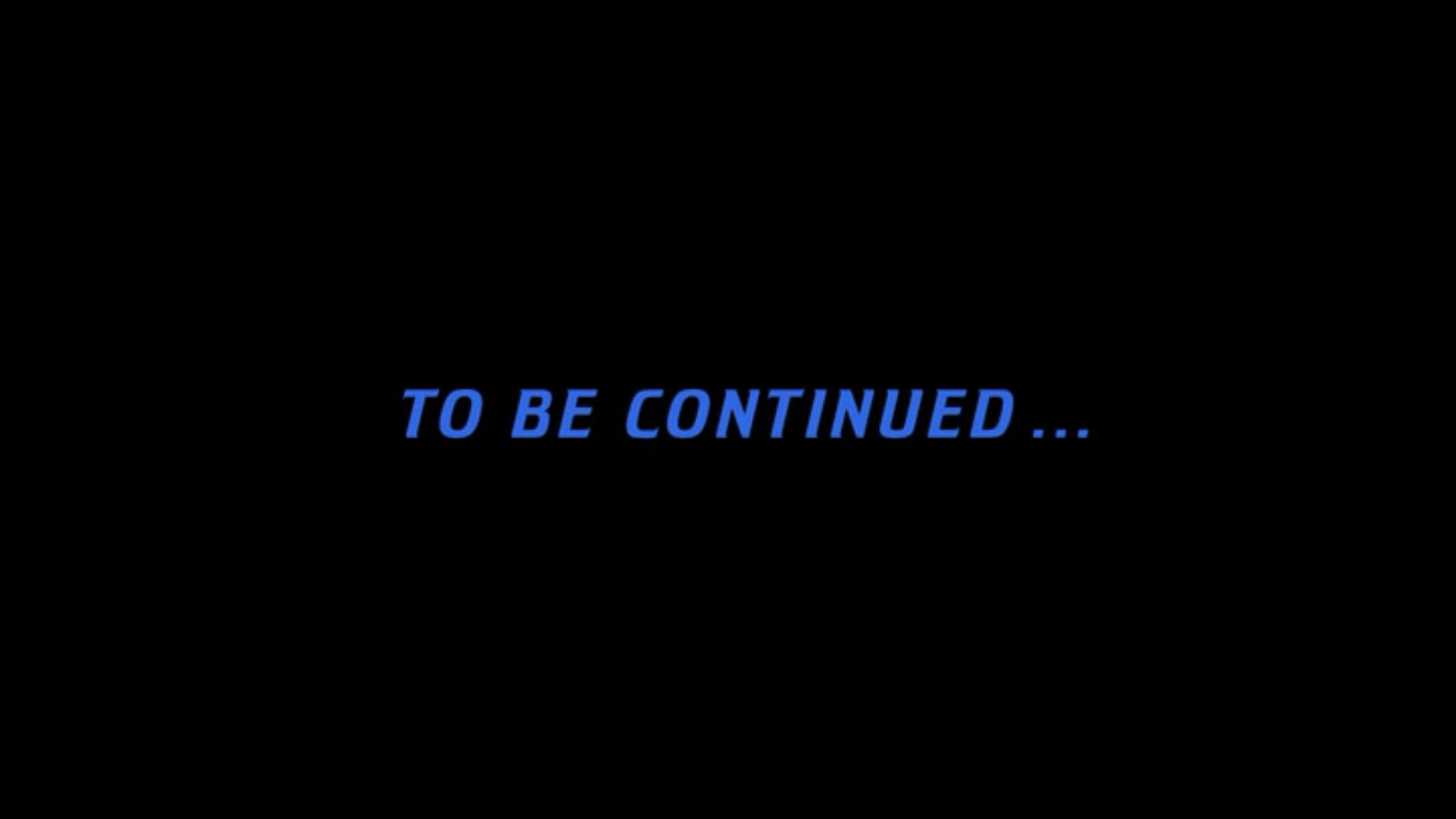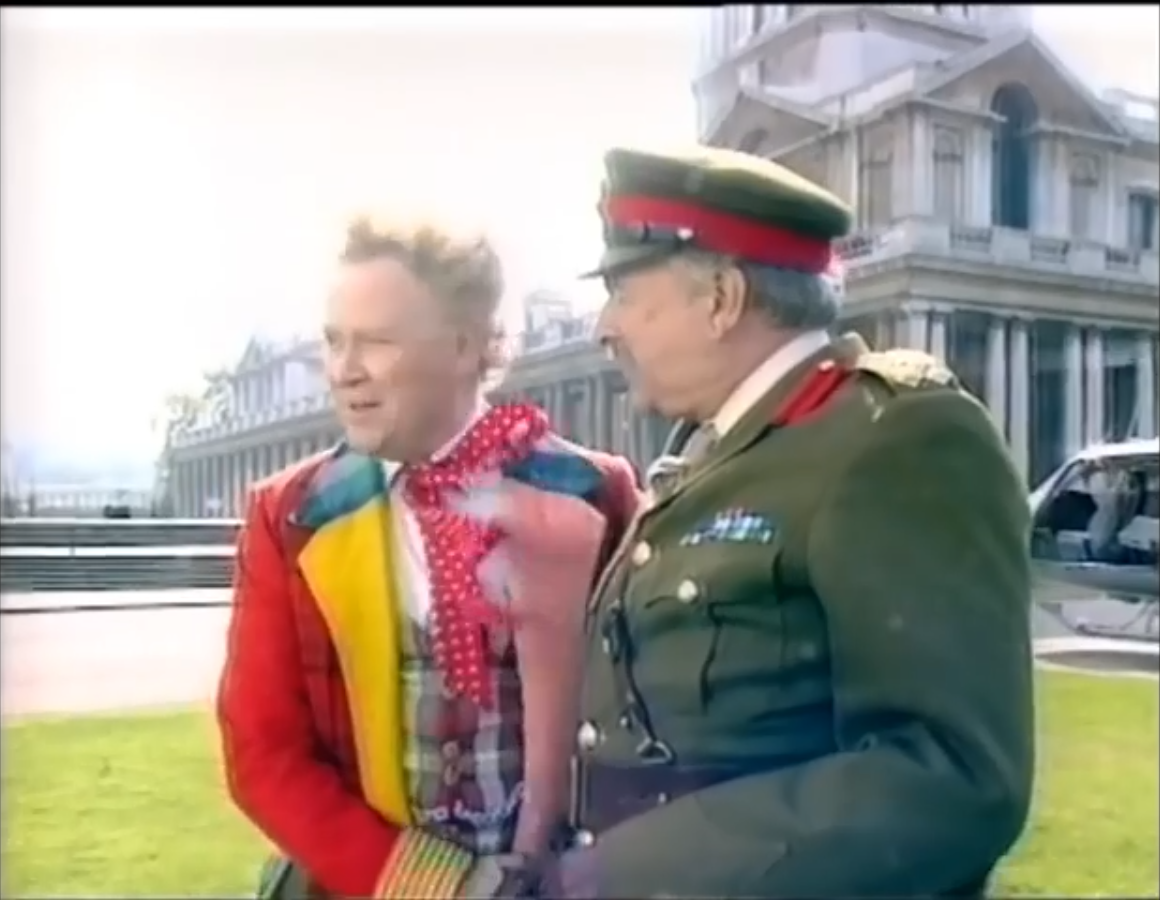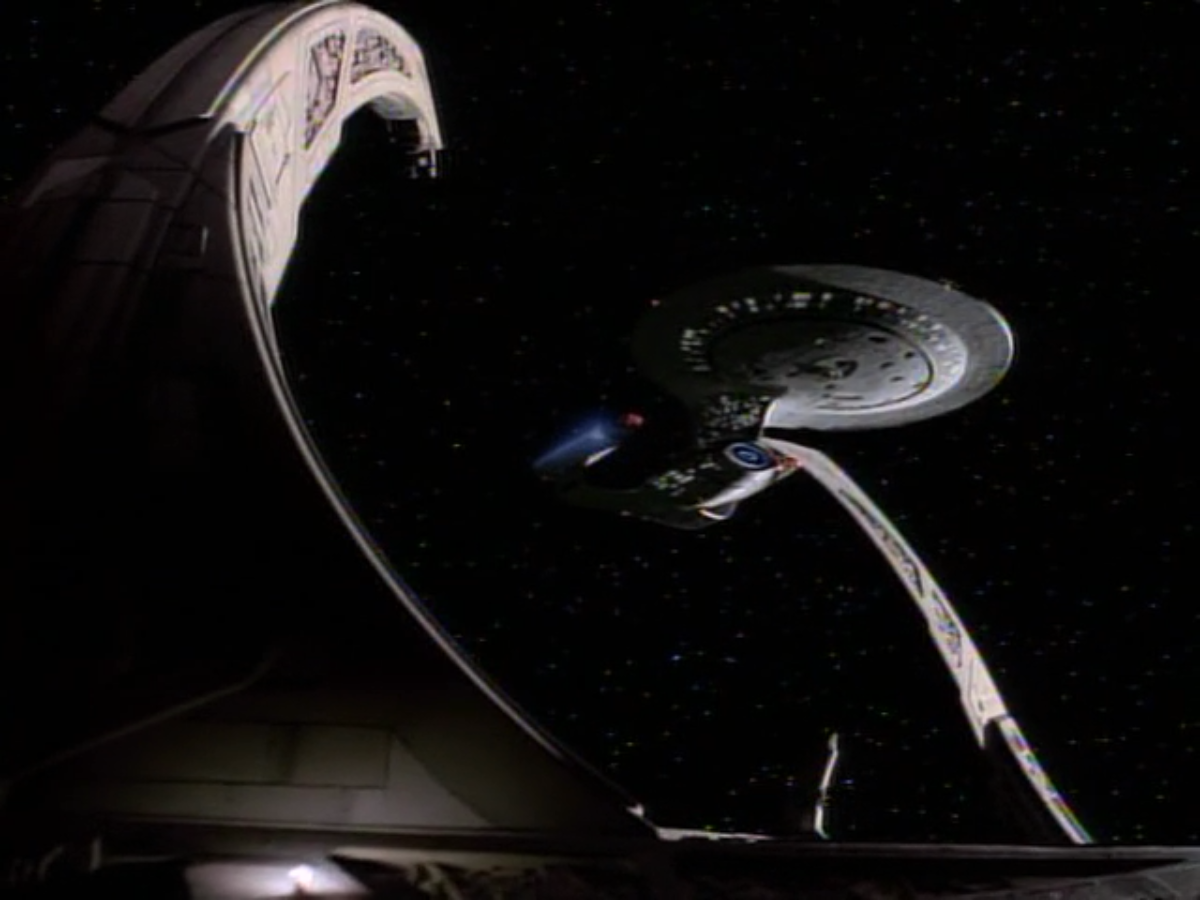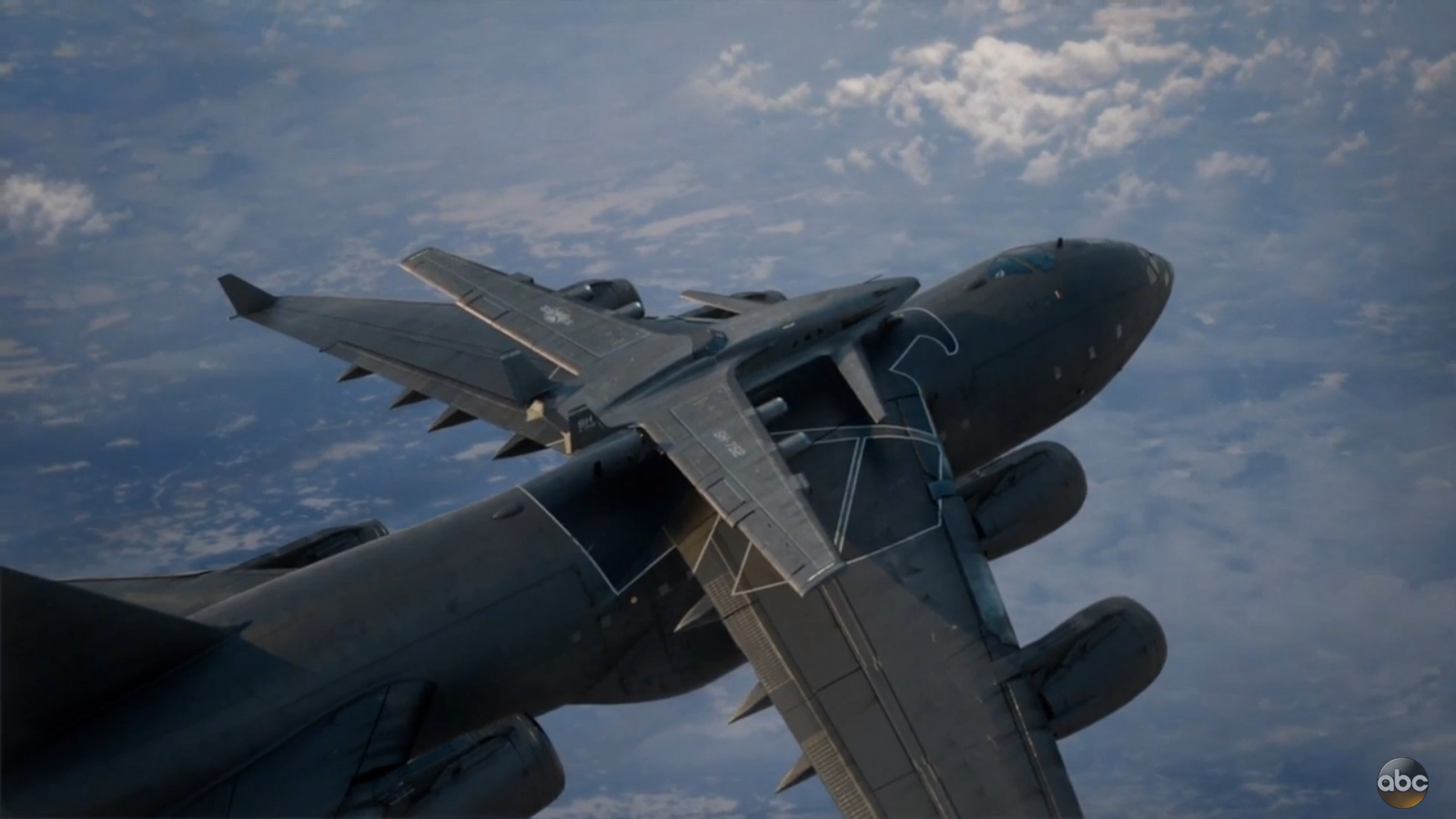What Almost Wasn’t: 4 Near Misses in Sci-Fi History – Friday Four
- November 14th, 2014
- Write comment
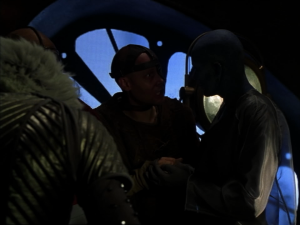 On here, one of my most popular topics is “What Could Have Been,” where I go over the now-public plans for seasons and shows that never developed. But what about those times when these major losses were narrowly averted? Once in a while, things align just right, and looking back, it’s hard to imagine how the show could have continued without this one aspect. And yet, there were many moments of serendipity that ended up playing a huge part in these shows’ success. So today, we honor just a few of those close calls by looking at “What Almost Wasn’t,” with 4 near misses from the annals of Sci-fi history, focusing today on casting and characters.
On here, one of my most popular topics is “What Could Have Been,” where I go over the now-public plans for seasons and shows that never developed. But what about those times when these major losses were narrowly averted? Once in a while, things align just right, and looking back, it’s hard to imagine how the show could have continued without this one aspect. And yet, there were many moments of serendipity that ended up playing a huge part in these shows’ success. So today, we honor just a few of those close calls by looking at “What Almost Wasn’t,” with 4 near misses from the annals of Sci-fi history, focusing today on casting and characters.

